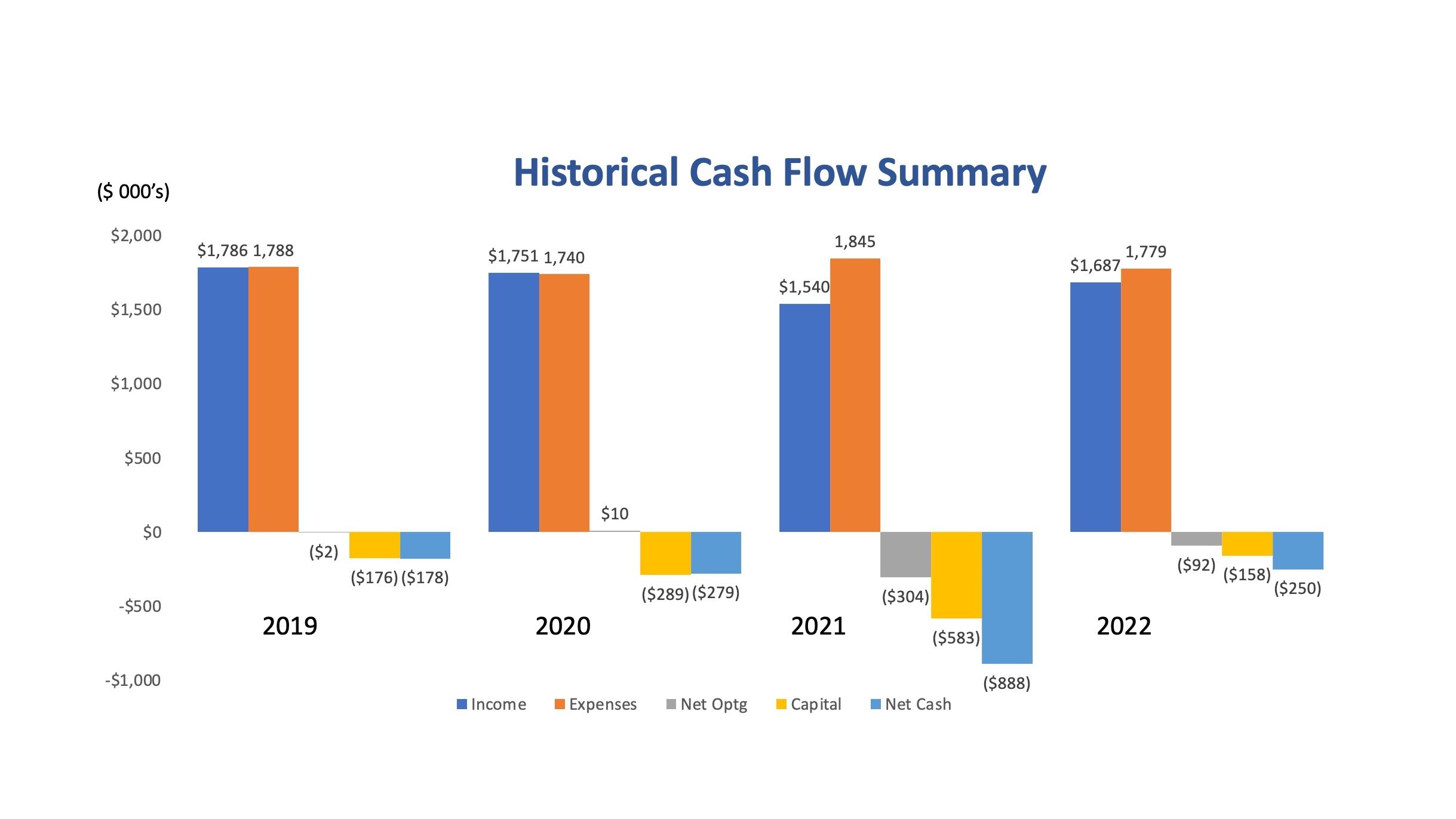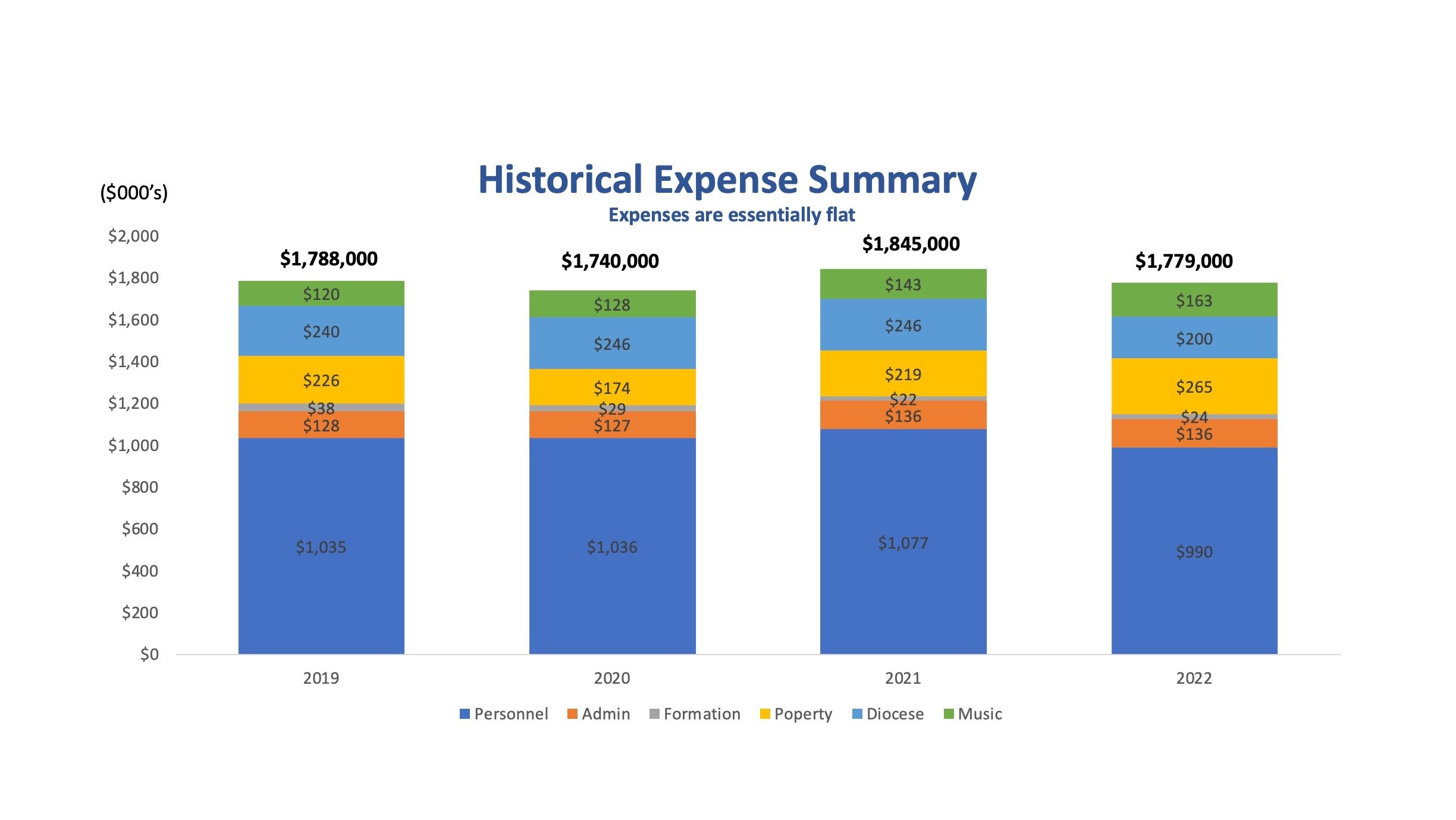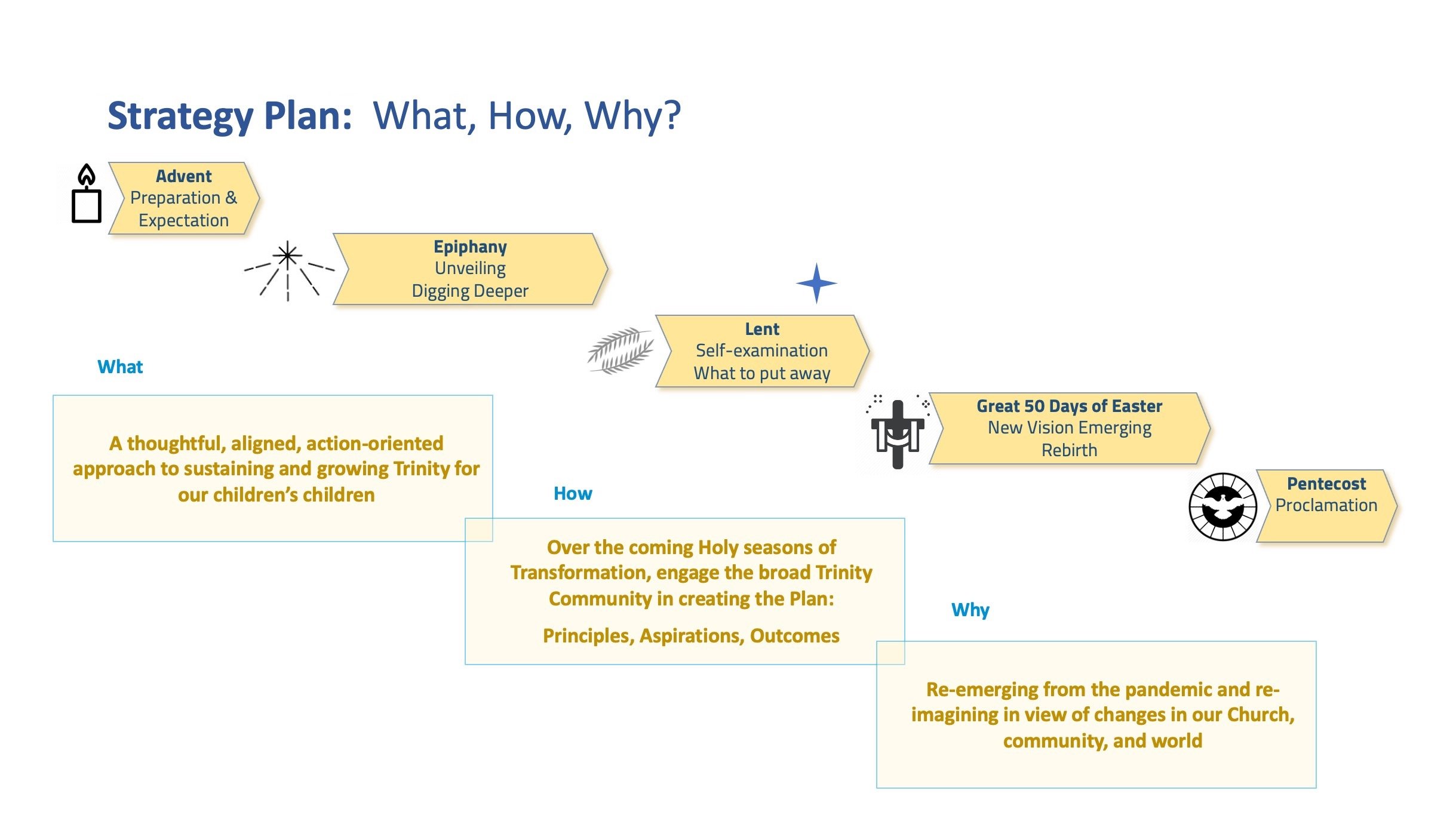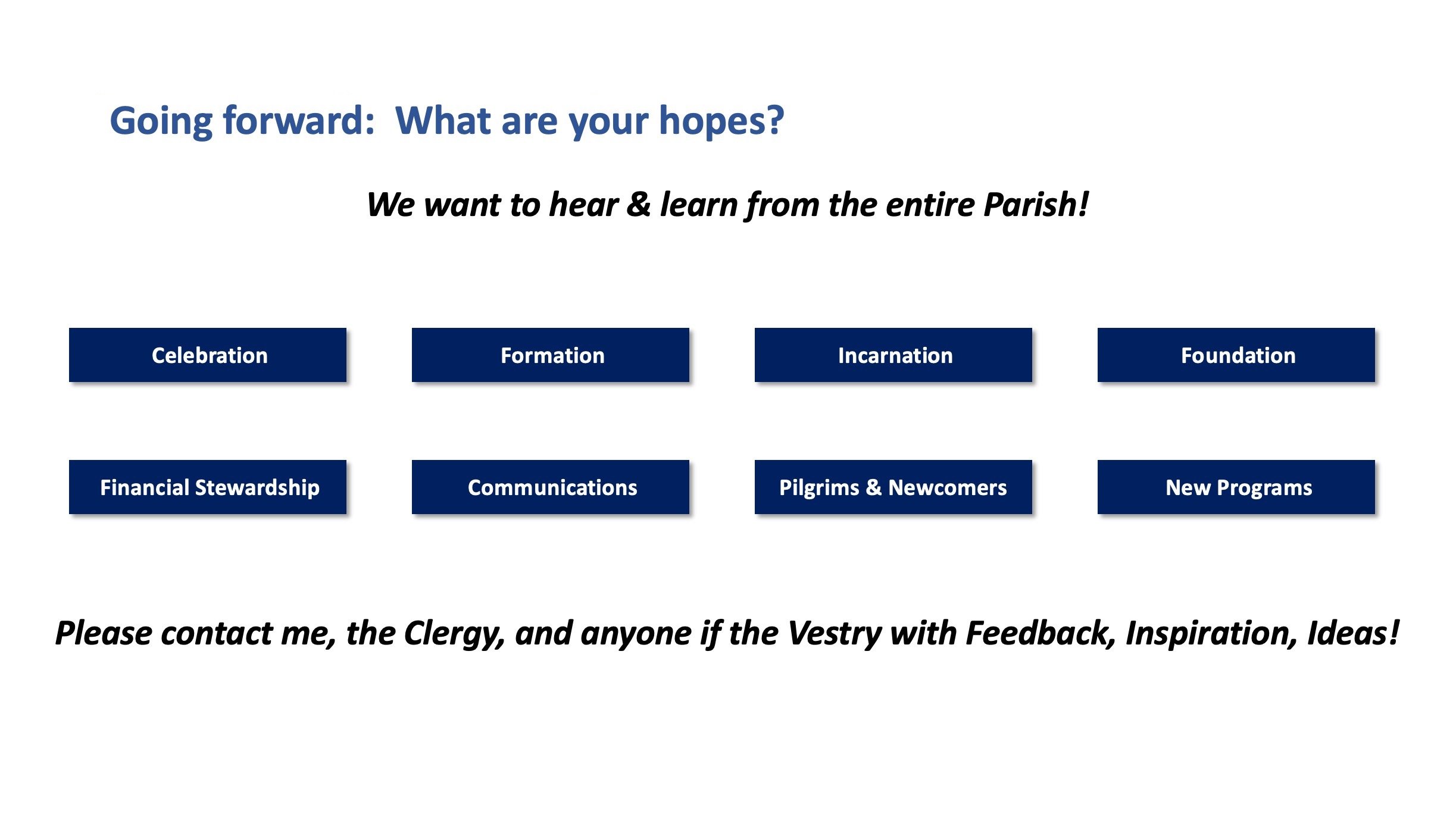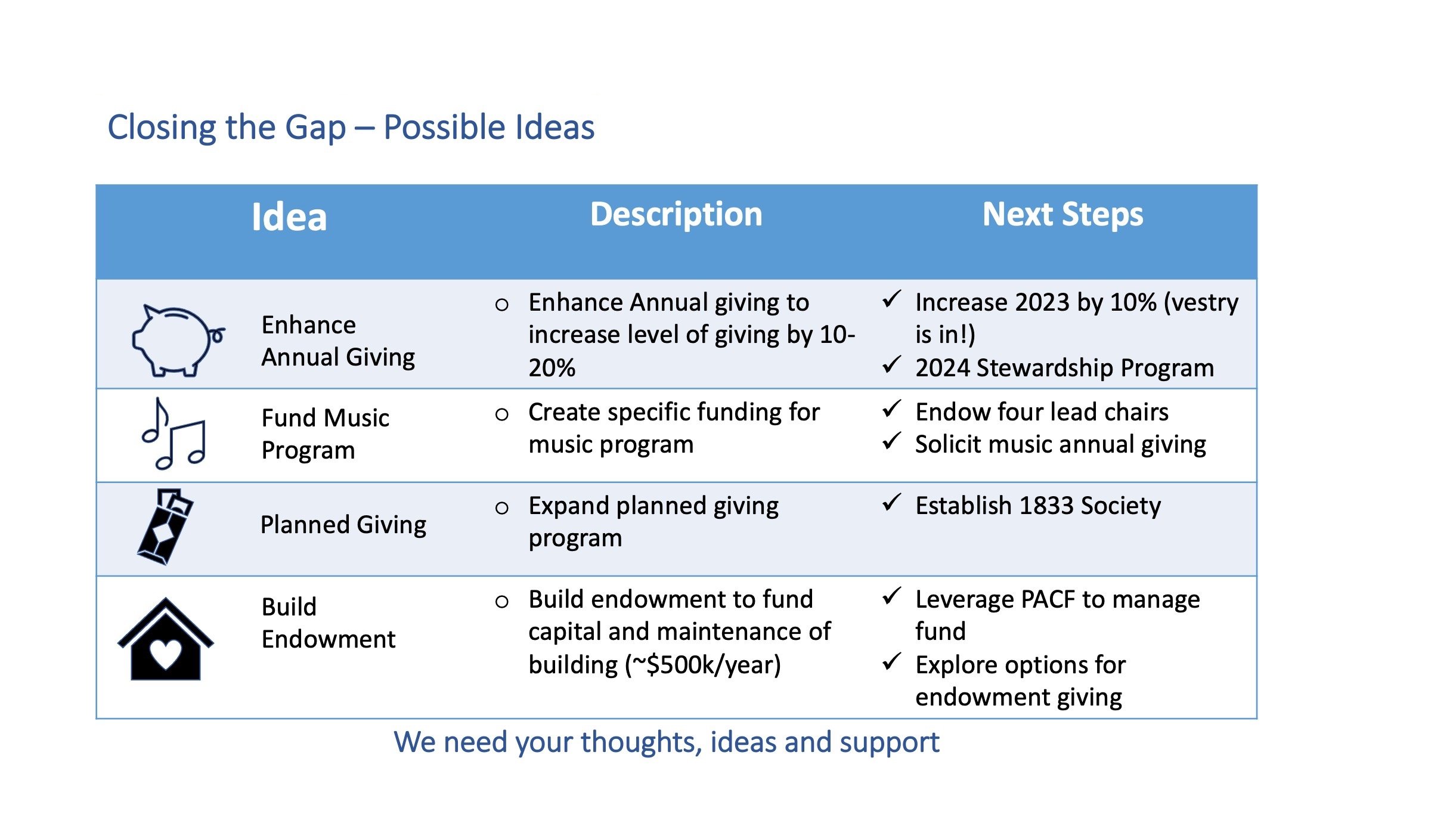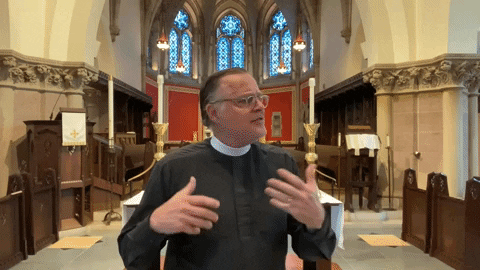As I’ve been sick this week, Greta took care of me as only a good dog can. We had hours of snoozes together. And as I write this, just as I was starting to feel much more like myself — just then — she threw up on the bedroom carpet. In our little domestic drama of 11 Mercer Street, we stumbled upon one of the most important doctrinal debates of the Reformation: how good Christian people (and good dogs) still metaphorically throw up on the carpets of our lives. We are saved in Christ, and yet how often do our lives look relatively unchanged? (Quite often.) This is the question of Christian identity as what Luther called simul iustus et peccator — being both a sinner and a saint.
Our friends at Mockingbird Ministries have a nice explainer of the topic:
The Reformers believed that people who believe in Jesus live by faith in him…This does not mean that the Christian life is unconcerned with doing good, only that it is important the good that might be done not cause us to forget the fundamental neediness of the person doing it. In other words, the Christian is someone who needs to be given a fish every day. Luther described this state as being ‘simultaneously justified and sinful at the same time,’ or simul iustus et peccator in the Latin.
So Christians are two things at the same time, both enduringly sinful and completely forgiven and justified by the imputed righteousness of Christ. Their identity is dual. This is not a half-and-half relationship; it is 100% and 100%. Paradoxically, we are fully saved and made righteous in Christ, and at the same time we are still the same old sinner we used to be. A Christian is seen by God as “hidden in Christ” (Colossians 3:2). As the Apostle Paul puts it, “I have been crucified with Christ. It is no longer I who live, but Christ who lives in me. And the life I now live in the flesh I live by faith in the Son of God, who loved me and gave himself for me” (Galatians 2:20).
Luther was a man of tremendously troubled conscience who spent many days as a young monk worrying if he was holy enough to enter into the kingdom of heaven. But he realized that our righteousness in God isn’t based on making it 75 percent towards Christlikeness, or what have you. It isn’t about keeping up a passing average. We rely on what God has done that we can’t do for ourselves, and we forge ahead knowing that every day we need Jesus just as much as we did the day before.
The Rev. Cn. Dr. Kara Slade, Associate Rector






